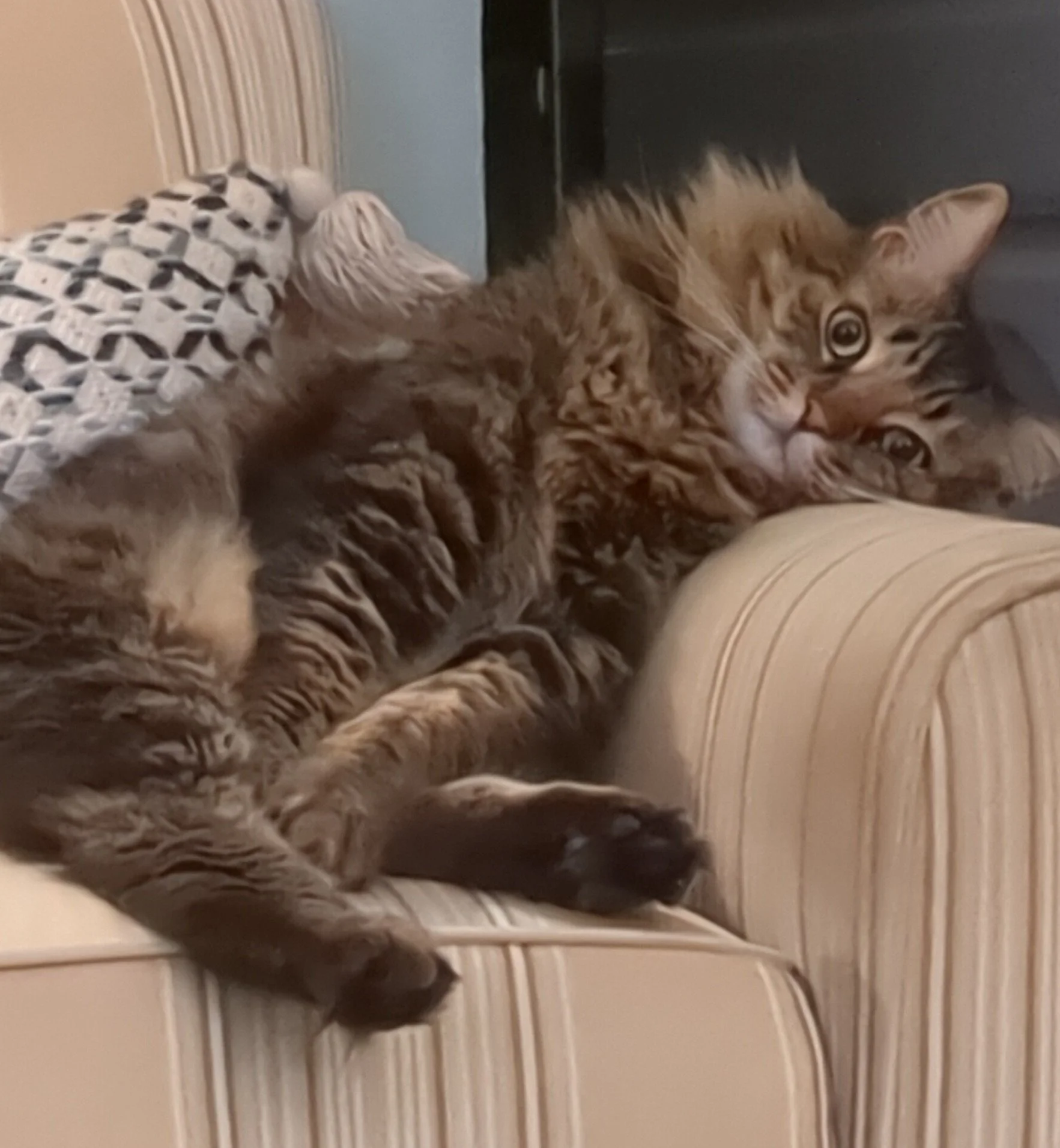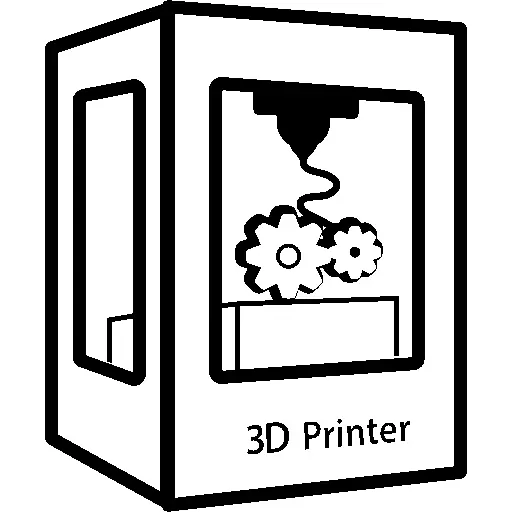A set of radius gauges from 1mm to 40mm have been one of the tools I use the most for functional print design.
I tried several different ways of organizing these. Pictured is a small cheap fishing line leader. This is the only useful way to do radius gauges in practice. They stay together and in order, while having the freedom to fit into and around tight spots. I tried rigid mounting to a body like a pocket knife, a single threaded rod through all, and a loose organizer. These are all terrible ideas in practice.
Find or design this same style pictured. I think I got these from thingiverse, (one of the only things I still have that I did not design myself). Slice the file like I did with a color change going from dark to light to dark filaments. You can set a manual color change in the slicer settings. You do not need a special machine for this. Use neutral colors for the gauges. This makes it easy to spot the tiny gap when the inner or outer radius are not quite perfectly matched to your part. You also need the numbers debossed in negative into the print so that they resolve well enough and do not get in the way. Note that these have the same inner and outer radius on each part so they can be used to measure either. PLA is preferred to avoid warping and use dried or fresh material. Do a proper calibration before printing these. Do all the things knowing that this is one tool you’ll use for many years.


I would really hope your printer can produce radii to 1mm tolerance. Especially for the higher end of sizes.